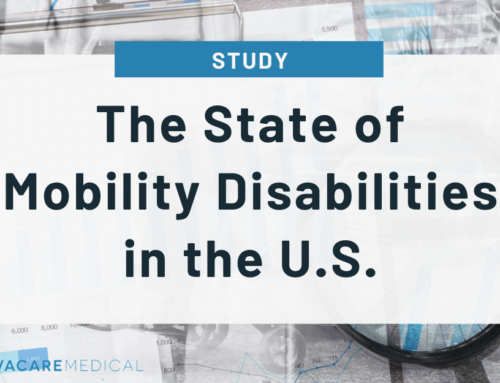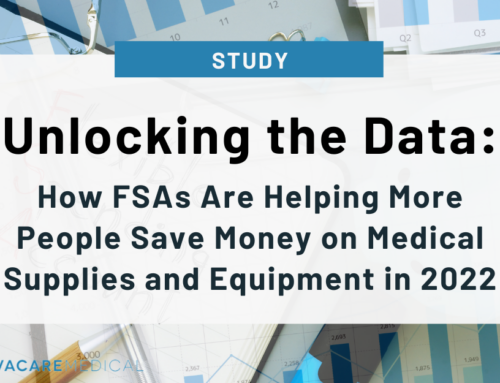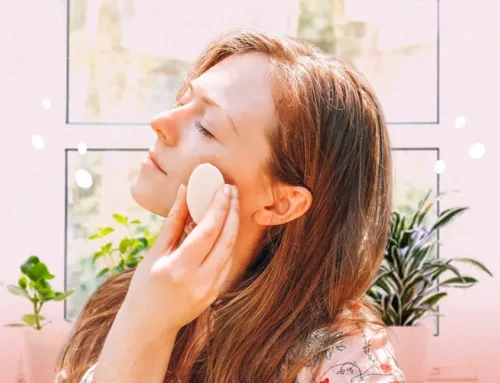Wheelchairs, walkers, hospital beds, and oxygen pumps are all examples of durable medical equipment (DME). For a piece of medical equipment to be considered durable, it must be able to withstand extended use. Therefore, equipment and supplies that are to be disposed of after one or a few uses, such as face masks or incontinence supplies, are not considered durable.
Fortunately, Medicare provides pretty good coverage for DME. Let’s look at how that works.
How Medicare Covers DME
Most DME items are covered is by Medicare Part B. For example, if you need a walker to help you get around your home, Part B is the part of Medicare that pays for it.
Medicare Part B will pay 80% of the cost, while you pay the other 20%. This is known as your Part B coinsurance. Medicare has a pre-approved price for each type of durable medical equipment though, and these rates are heavily discounted from the retail price.
It’s important to use a DME provider that is either part of Medicare’s competitive bidding program or accepts Medicare assignment rates. Otherwise, you could end up having to pay excess charges up to an additional 15% of the approved price.
How to File a Reimbursement Claim for Your DME
There are rare instances where you may need to submit a claim for reimbursement from Medicare for your DME. If your DME supplier does not submit your claim for you for some reason, you may be able to file a claim and receive reimbursement from Medicare.
For Medicare to even consider your reimbursement claim, you must file it no later than 12 months after the date of service – or in this case date of which you purchased the equipment. You’ll need to submit your reimbursement form along with supporting documents such as an itemized bill.
You can download the reimbursement form at Medicare’s website or at the link below. The form is called the Patient Request for Medical Payment form. You must carefully read and fill out each part of the form or else Medicare will send it back to you for you to complete and re-submit. You also must explain, in detail, why you are submitting the reimbursement claim.
Where to Send Your DME Reimbursement Claim
Which state you live in will determine where you mail your form. If you live in one of the states that are listed directly below, you will send your claim to: Noridian Healthcare Solutions, P.O. Box 6780, Fargo, ND 58108-6780.
- Connecticut
- Delaware
- Washington DC
- Maine
- Maryland
- Massachusetts
- New Hampshire
- New Jersey
- New York
- Pennsylvania
- Rhode Island
- Vermont
If you live in one of these locations listed below, you will send your claim to the same address listed above but a different P.O. Box: Noridian Healthcare Solutions, P.O. Box 6727, Fargo, ND 58108-6780.
- Alaska
- American Samoa
- Arizona
- California
- Guam
- Hawaii
- Idaho
- Iowa
- Kansas
- Missouri
- Montana
- Nebraska
- Nevada
- North Dakota
- Northern Mariana Islands
- Oregon
- South Dakota
- Utah
- Washington
- Wyoming
The next group of states will send their claims to: CGS Administrators, LLC P.O. Box 20013 Nashville, TN 37202.
- Illinois
- Indian
- Kentucky
- Michigan
- Minnesota
- Ohio
- Wisconsin
If you live in the last group of locations, you will also send your claim to CGS Administrators in Nashville, but once again, the P.O. box is different: CGS Administrators, LLC P.O. Box 20010 Nashville, TN 37202.
- Alabama
- Arkansas
- Colorado
- Florida
- Georgia
- Louisiana
- Mississippi
- New Mexico
- North Carolina
- Oklahoma
- Puerto Rico
- South Carolina
- Tennessee
- Texas
- S. Virgin Islands
- Virginia
- West Virginia
You can find further information on submitting claims for DME reimbursement here.
DME That is Not Covered by Medicare
Medicare has fairly strict guidelines for covering DME. For instance, Medicare will not cover a power wheelchair if the only reason you need it is for getting around outside of your home. You must need the equipment to safely get around inside your home in order for Medicare to cover it at all.
It’s also important to know that Medicare does not currently pay for modifications to be made to your home. Examples of home modifications are grab bars and wheelchair ramps. However, some recent legislative changes ruled that in 2020, Medicare Advantage plans could offer these items as supplemental benefits. It will be interesting to see next year how the different carriers begin to incorporate these benefits into their plans.
Danielle is the co-founder of Boomer Benefits, where she and her team help baby boomers navigate Medicare and find suitable supplemental coverage.






